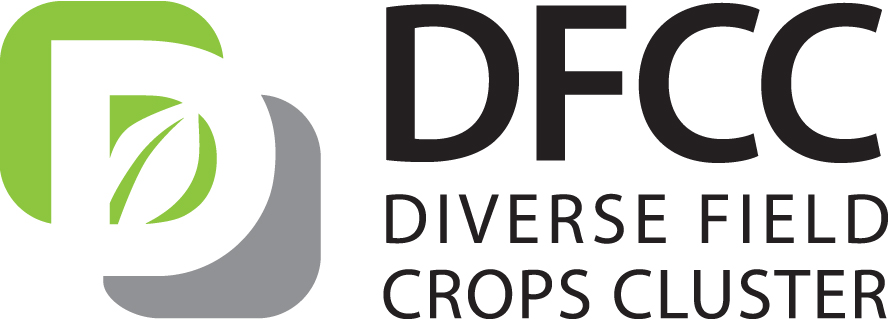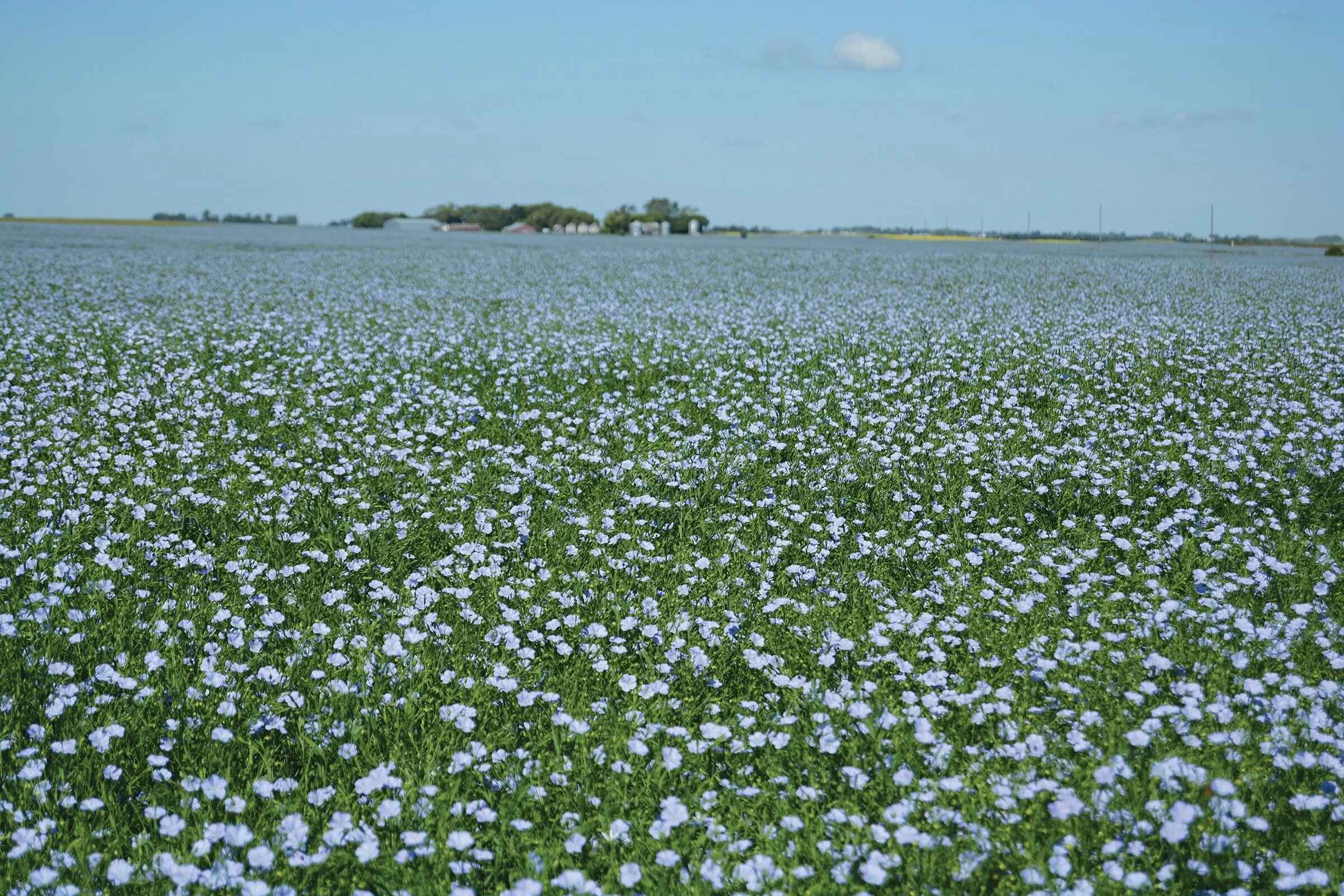Developing new flax varieties to meet the needs of industry
Flax variety development is a key component for the growth of the industry. Farmers need flax varieties that are adapted for production in Western Canada. Flax is a high-potential crop with a range of market opportunities. From industrial applications to human food to animal feed: the opportunities for flax are endless!
The Diverse Field Crops Cluster (DFCC) is supporting a flax variety development initiative at the University of Saskatchewan’s Crop Development Centre (CDC).
Bunyamin Tar’an is the interim flax breeder for the CDC and has readily taken on the responsibilities of this project, following his predecessor Dr. Helen Booker.
The objective is to develop three new flax varieties (two brown and one yellow coloured seed), by 2023.
This is no small feat – but Tar’an and his team continue to make great strides towards their goal.
“In a breeding program, you have to have the whole package: yield, maturity, quality and disease resistance,” says Tar’an.
To tackle this challenge, the team identified promising parental lines that express the desired traits. From those lines, they continue to generate crosses that are later evaluated through continuous nursery and field trials. “The project has layers of populations at different generations being evaluated,” explains Tar’an.
During field trial evaluations, only the strong survive.
The team compares the new flax crosses to current varieties being grown on the prairies. If the new genetics produce plants with superior early maturing rates as well as equal (or better) yield, seed quality and disease resistance traits, then those genetics will move on to the second-generation testing.
“We only select the best performing lines,” says Tar’an.
The research team will continue to evaluate the performance of their new varieties all the way through to the fifth or even sixth generation of testing at multiple locations. This will provide confidence in the consistency and performance of the new varieties.
As the project approaches its fourth year, based on preliminary findings, Tar’an is optimistic. “We have some lines with higher yield potential and early maturity compared to our check varieties.”
With results like that, Canadian growers should be eager to try out these new varieties.
Written by Janna Moats
____________________
This DFCC activity is led by SaskFlax with funding from Agriculture and Agri-Food Canada’s Canadian Agricultural Partnership program, SaskFlax, and Western Grains Research Foundation.
The Diverse Field Crops Cluster (DFCC) is a unique alliance of industry partners: Canadian Hemp Trade Alliance, Canary Seed Development Commission of Saskatchewan, Saskatchewan Flax Development Commission, Smart Earth Camelina Corporation, Manitoba Crop Alliance, Mustard 21 Canada Inc, and Northern Quinoa Production Corporation. DFCC aligns industry and research stakeholders to seize market opportunities and accelerate the acreage and market returns of special crops. Ag-West Bio leads this five-year research cluster which is funded by Agriculture and Agri-Food Canada’s Canadian Agricultural Partnership program and industry partners.

